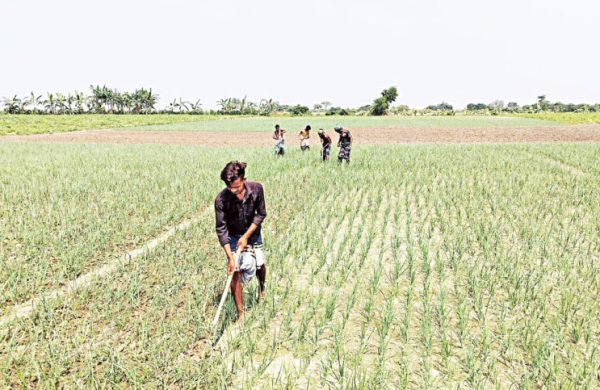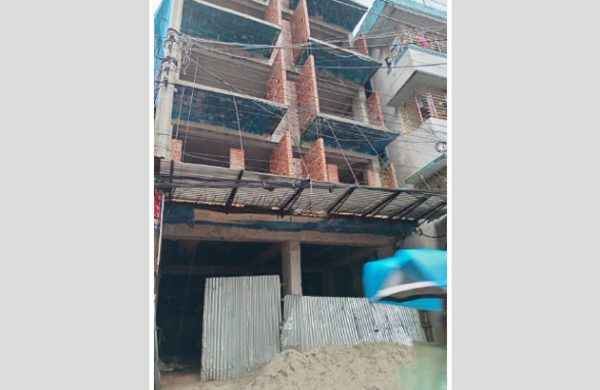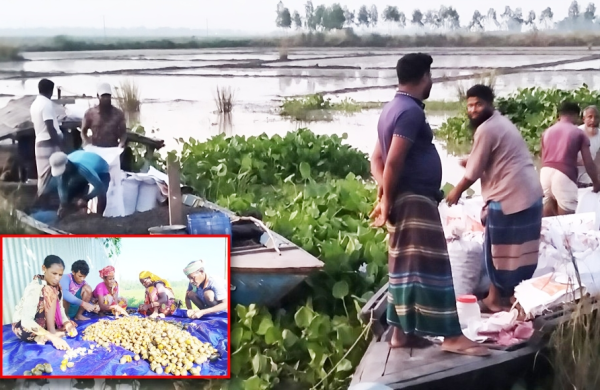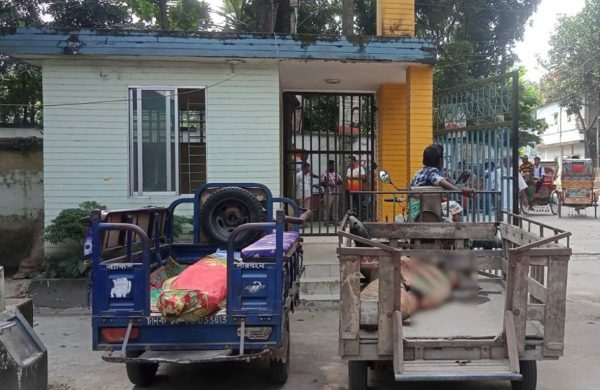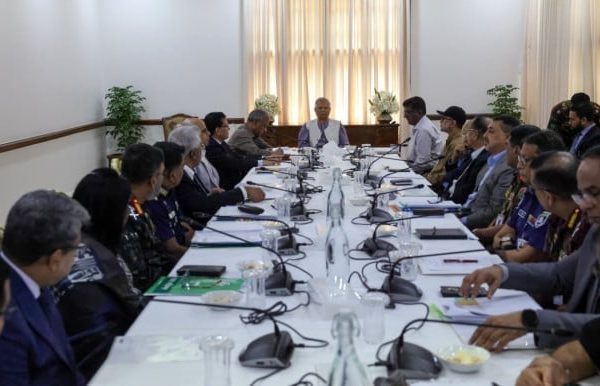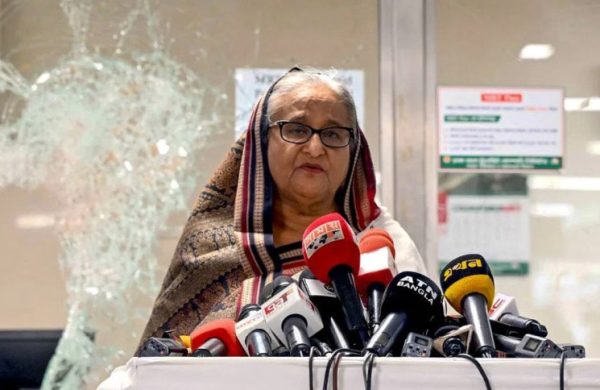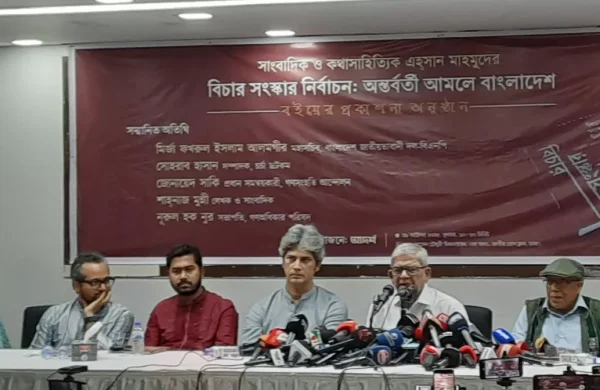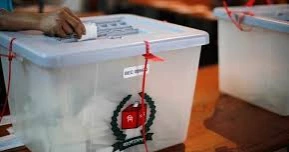Remittance strong amid weak expat markets
- Update Time : Sunday, October 26, 2025
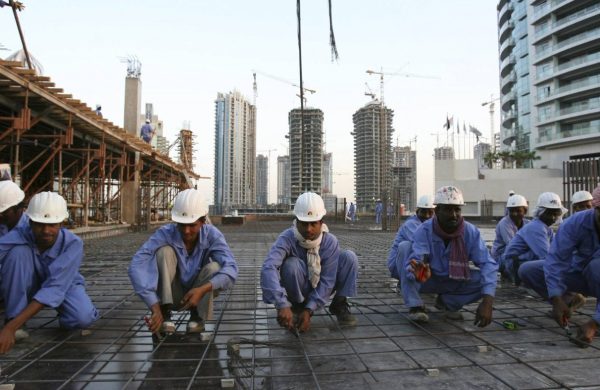
TDS Desk:
The country’s remittance inflow trajectory is robust for now, but troubles likely await in the days going forward as at least nine traditionally strong destinations remain shut for expatriates, and renewed challenges emerge in the Saudi Arabia labour market.
The country needs more expatriates every year to sustain the economic growth momentum, but a looming slowdown in new recruitment in the coming years could pose problems, stakeholders fear.
Chief Adviser Prof Muhammad Yunus has pledged to reopen the old markets and open new ones, but more than a year into assuming office, his administration has failed to earn a single success.
Illegal immigration, human trafficking, alleged repeated violations of foreign laws by expatriates during overseas stay, and shortage of skilled workers have contributed to the closure of affluent markets like the UAE and Malaysia, among others.
Adding to the impediments on aspirant expatriates are new entry requirements rolled out by Saudi Arabia including improved skill tests.
Mohammad Fakhrul Islam, former joint secretary general at Bangladesh Association of International Recruiting Agencies (BAIRA), has aired concerns for the days ahead in a conversation with journalists.
According to him, sector insiders expected Prof Yunus, being aided by his global reputation, would expand the current expatriate market. The stakeholders expected dawning of new opportunities in the remittance sector following the ouster of the fascist government last year, and the inauguration of a new non-partisan government.
But a year into the interim government’s tenure, visible progress is yet to be seen, Fakhrul noted.
He urged Prof Yunus to personally intervene in the process and bolster diplomatic engagements with countries that have closed their traditional markets for Bangladesh. The chief adviser should also ensure that dedicated efficient staff is appointed for exploring new markets in other countries, he said.
The country sent over 8.13 lakh expatriates for overseas work through legal channels during January-September this year. The figure is 16.39% more than in the same period last year, but 7.5% and nearly 18% less than the huge records set in 2022, and 2023 respectively.
SAUDI ARABIA POSES NEW COMPLICATIONS
Saudi Arabia has long been considered Bangladesh’s largest and most reliable labour market. Every year, between 50% and 60% of Bangladeshi migrant workers go there. Of the 8,13,064 workers who went abroad up to September this year, 5,50,597 went to Saudi Arabia — meaning 67.7% of the total migrant workforce headed to that country.
However, despite the continued dominance of Saudi Arabia as a destination, manpower exporters say the market is becoming increasingly complicated. According to them, workers now need to obtain a skill certification called “Takamul” before going there.
The Takamul certificate is proof of passing a skills test. Earlier, this test was not mandatory for general labourers like cleaners, but now it is required for all categories of workers. Each worker must spend about $50 (roughly Tk6,100) for the exam, and must also go through a lengthy appointment and processing system. Both workers and recruiting agents allege that the process has become burdensome and causes significant suffering. They argue that the exam should only be mandatory for skilled workers, not for everyone.
Officials from the Ministry of Expatriates’ Welfare and Overseas Employment, however, say the policy is entirely a decision of the Saudi authorities and beyond their control.
Apart from the Takamul certification issue, many Bangladeshi workers also report problems after arriving in Saudi Arabia — related to residence permits (iqama), jobs, and salaries — leaving them in a state of uncertainty and anxiety.
MARKETS REMAIN CLOSED A YEAR INTO GOVERNMENT CHANGEOVER
Due to various restrictions and allegations of corruption and irregularities, several labor markets — including the UAE, Malaysia, and Oman — were shut down during the previous government’s tenure. However, more than a year has passed since the fall of the Hasina government, and the interim administration has yet to reopen even a single one of those markets.
Although several rounds of discussions have been held with the UAE and Malaysia, neither labor market has been reopened, and there is still no clear timeline for when that might happen. Meanwhile, stakeholders say that the absence of embassies in some European countries is making it difficult to address problems in the European labor market as well.
JAPAN CELL YET TO DELIVER RESULTS
The interim government has set a target of sending one lakh workers to Japan within the next five years. To achieve this, the Ministry of Expatriates’ Welfare and Overseas Employment has formed a “Japan Cell.”
At a press conference on 20 August, Adviser Asif Nazrul said, “There is currently a demand for more than 500,000 workers in Japan. To seize this opportunity, we have set up the Japan Cell. The number of skill-test sectors has been increased from three to five. Three Japanese organizations have signed separate MoUs for training and certification.”
However, BMET (Bureau of Manpower, Employment and Training) data show that in the past nine months, only 962 workers have gone to Japan. According to ministry sources, in the first six months of this year, 62 recruiting agencies failed to send even a single worker to Japan. On 31 August, the ministry, through a letter signed by Deputy Secretary Hasina Begum, asked these agencies to explain why they failed to send workers.
WORKERS WAITING TO GO TO MALAYSIA REMAIN IN UNCERTAINTY
Last year, 17,000 workers were unable to go to Malaysia. Of them, around 8,000 have now been shortlisted for recruitment in the first phase. However, concerns have arisen about whether they can be sent by the deadline — 31 December — as no demand letters have yet been received from Malaysian employers.
According to Malaysian authorities, 7,869 shortlisted workers will be hired in the construction and tourism sectors through BOESL (Bangladesh Overseas Employment and Services Limited), a state-owned company under the Ministry of Expatriates’ Welfare and Overseas Employment.
BOESL officials say they have already started the process. Workers have been contacted via phone calls and text messages. Interested candidates have been asked to email passport copies and application forms prescribed by the Malaysian Construction Industry Development Board (CIDB). After training and interviews under CIDB, final selection will be made for deployment.
However, officials admit that completing all steps — including receiving demand letters, post-training interviews, medical tests, and arranging flights — within the December 31 deadline will be very difficult.


